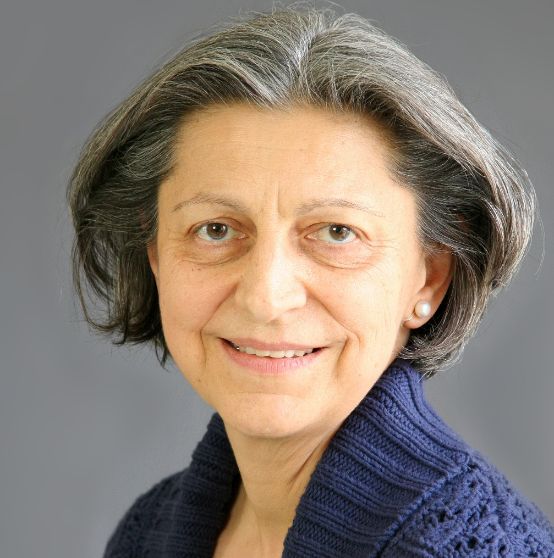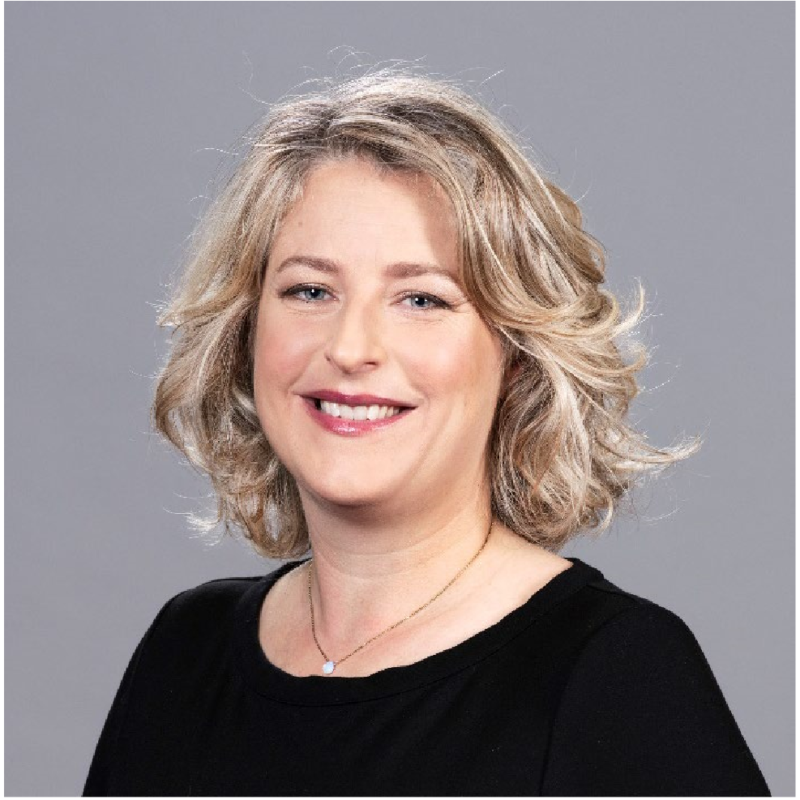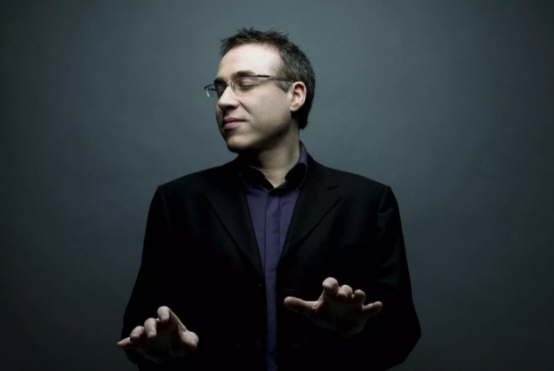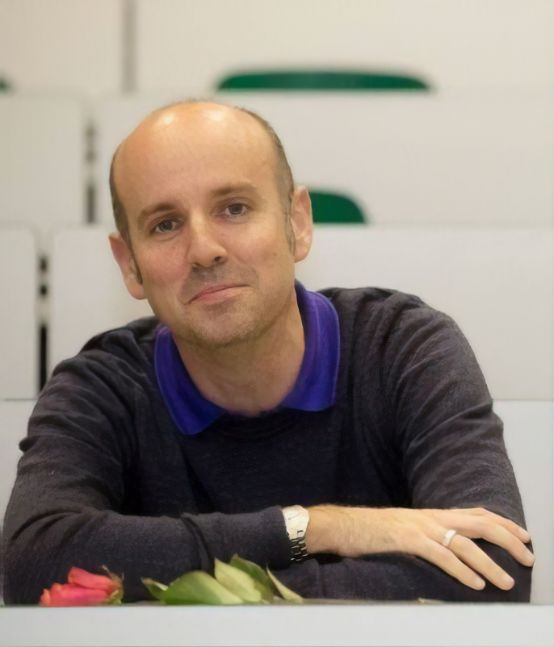Singing as the basis of musical education
Klara Gouël heads the Studio Kodály music school in Geneva, which she founded in 1989 after teaching at the Budapest Conservatory. She introduced the Kodály method to Geneva.

The Kodály method advocates singing as the foundation and basic principle of musical learning. Composer, ethnomusicologist, accomplished musician and passionate pedagogue, Zoltán Kodály (1882-1967) devised a pedagogical approach to teaching music that takes into account the specific nature of children's development. The Studio Kodály Genève currently has 180 students. The institution is officially affiliated to the International Kodály Society and was accredited by the Department of Public Education of the Canton of Geneva in 2010.
Klara Gouël, could you briefly introduce Kodály and outline his contribution to music education in Hungary?
Zoltán Kodály was a great humanist in the classical sense of the word, that is to say, a versatile personality, a great connoisseur not only of music, but also of literature, philosophy, composition and pedagogy. A friend of Béla Bartók, whose dream of "uplifting his people" through music was hampered by emigration (the Nazi threat prompted Bartók to emigrate to the USA), Kodály did everything in his power to realize this mission. His many expeditions into the Hungarian countryside enabled him to discover the traditional music of his homeland, and to marvel at the richness of the oral tradition. He decided to write down this musical heritage, which he considered to be a masterpiece, in order to preserve and promote it.
What do you consider to be the most important teaching principles of Kodály's pedagogy?
The foundation of his pedagogy can be summed up in the principle that singing is the essential and indispensable basis of all musical education. Kodály gives the example of reading and writing, notions that are only tackled after the child has acquired language; similarly, it is essential that children learn to sing before beginning instrumental training. This approach enables the youngest children to implicitly acquire the grammar of musical language, and on this basis, through logically constructed learning, the pupil will be led to a form of interpretation where the work will be "told" and not "recited", and the performance of a composition will be its re-actualization and not just its restitution. That's why it's essential to sing with children from an early age.
Kodály held Emile Jaques-Dalcroze in high esteem...
Indeed, Emile Jaques-Dalcroze and Zoltán Kodály held each other in high esteem. Kodály, who was very fond of Switzerland, fully shared the Dalcrozian pedagogical concept, as he was aware that music has its origin in movement. There is no music without movement, and it is precisely for this reason that it is essential to associate movement with the musical education of young children. Movement automatically develops a sense of musicality.
I would add that Kodály also admired another Genevan musician with whom he had become friends, namely Ernest Ansermet. Their correspondence bears witness to this artistic friendship.
Your institution is affiliated to the International Kodály Society, and you work closely with the Zoltán Kodály Pedagogical Institute in Kecskemét (the pedagogue's hometown). What do these links involve?
Studio Kodály opened its doors in 1989 and, after two years' work, was granted membership of the International Kodály Society. In concrete terms, this means not only that the school is committed to teaching music according to the principles of Kodály's musical education, but also that the institution is an active part of the worldwide movement to promote this pedagogy. Since 2009, we have had a partnership agreement with the Kodály Institute in Kecskemét, now part of the Franz Liszt Academy in Budapest. This collaboration offers us the opportunity for a wide range of professional exchanges, of which I am very proud, because I have a very high regard for the mother institute. From January 2013, a further training course leading to a Certificate of Advanced Studies in music pedagogy using the Kodály method will be offered in Geneva, also as a result of this collaboration.
Klara, what's your first musical memory?
My father is a pastor, so my first musical memory is of the hymns sung by the choir accompanied by the harmonium during church services. Then I remember the gypsy melodies played in a restaurant I passed on my way to music school, where I took violin lessons when I was six.








